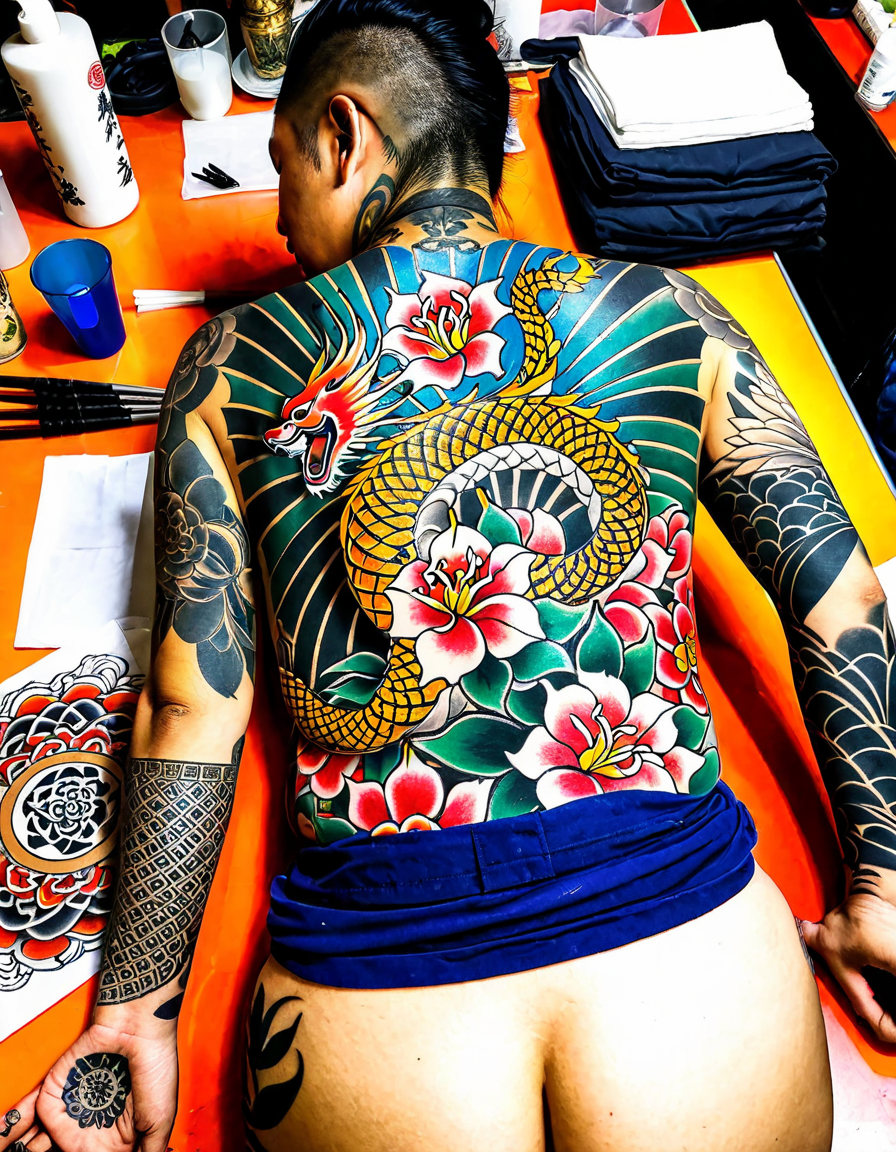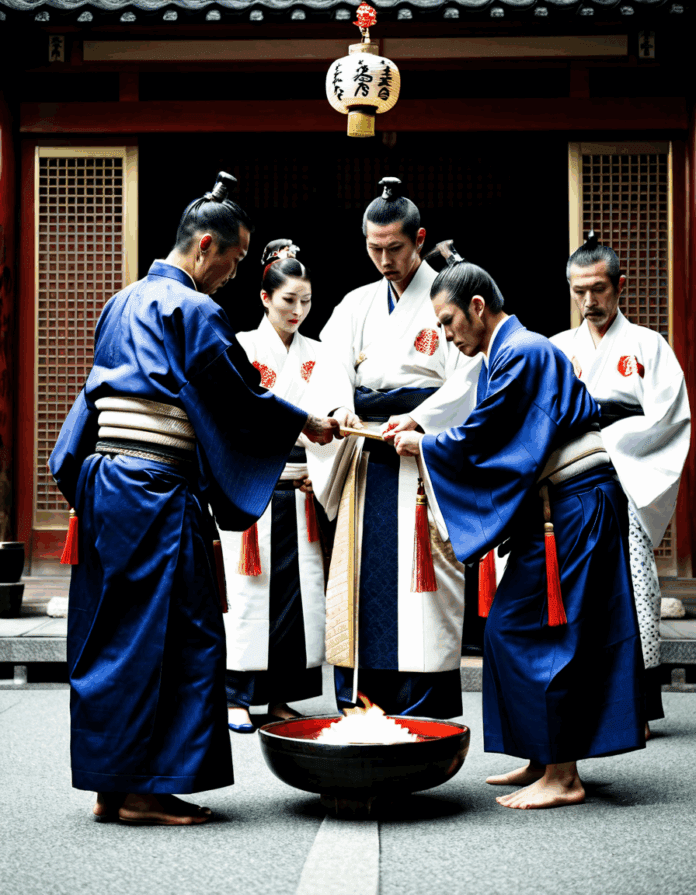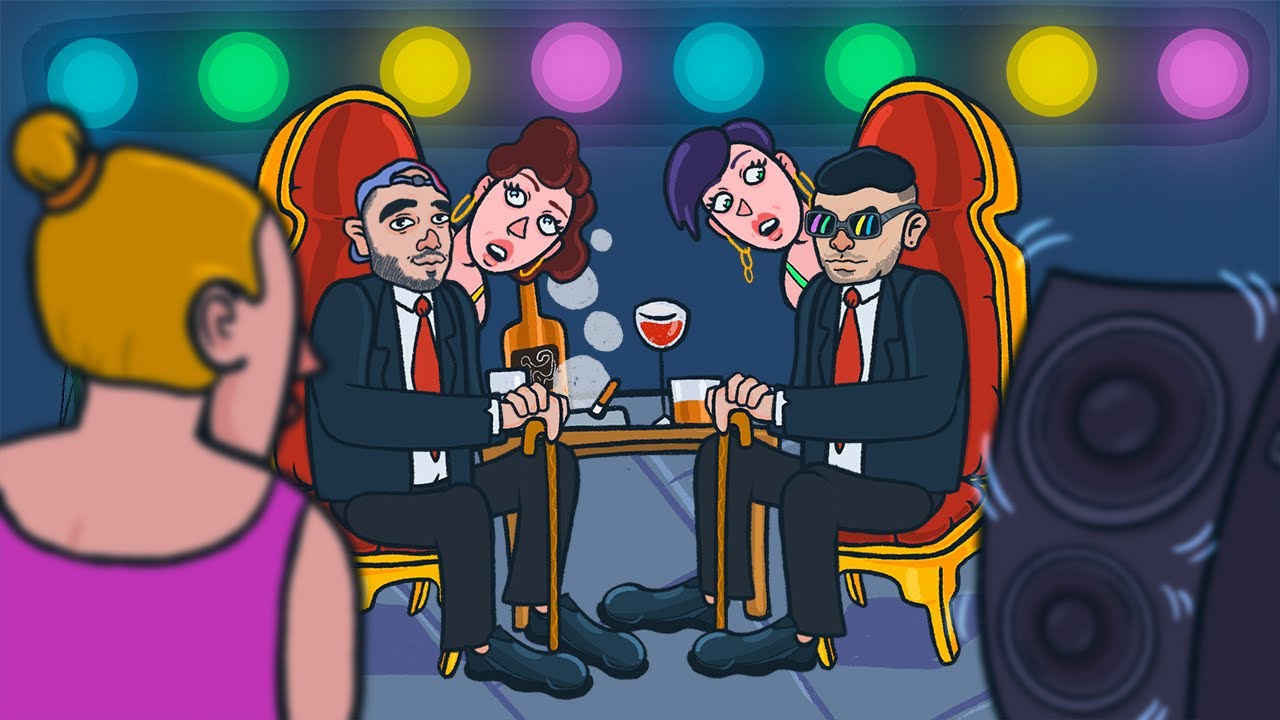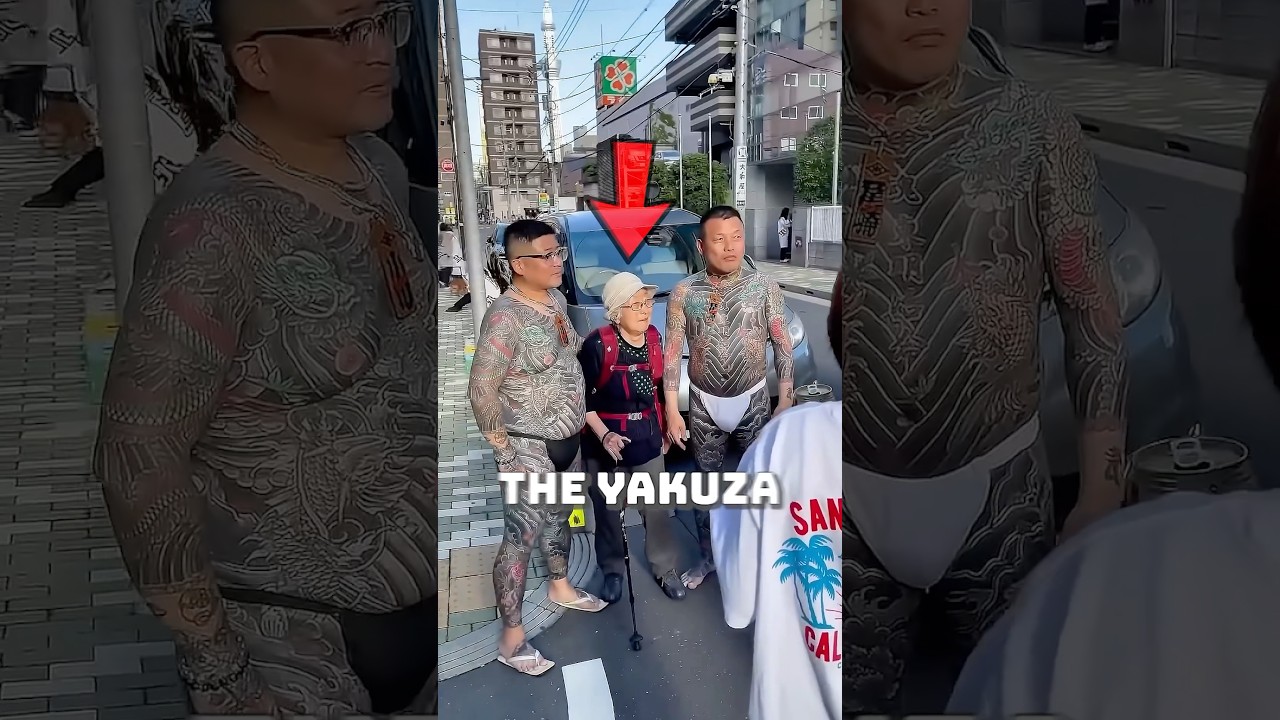When you think about the yakuza, Japan’s infamous organized crime syndicates likely come to mind. These groups, known for their tattoos, rituals, and unyielding code of honor, paint a striking picture of power and intrigue. But the yakuza are more than just criminals; they’re a part of Japan’s cultural tapestry. So, let’s dive into the fascinating world of the yakuza—complete with secrets, legends, and a whole lot of color!
7 Key Elements of Yakuza Culture
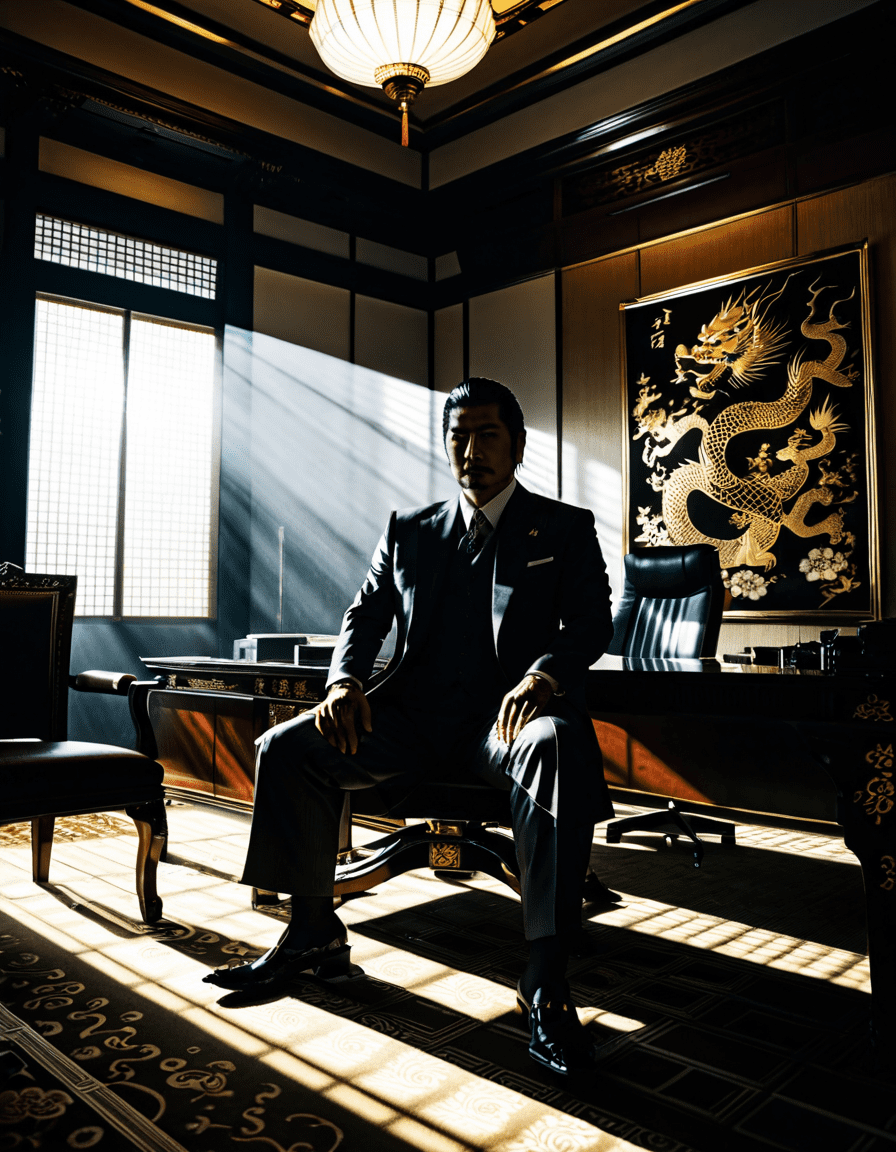
1. The Role of Tattoos in Yakuza Identity
Tattoos in yakuza culture are a big deal—like, massive. They’re not just for show; they tell the story of a member’s loyalty, rank, and deeds. Many of these tattoos feature intricate designs, such as fierce dragons or graceful koi fish, symbolizing strength and perseverance. Each tattoo journey might take years, sometimes even decades. So when you see a yakuza member covered in ink, know it’s a badge of honor earned through their life choices. It’s like the ultimate commitment to their way of life. Imagine having a tattoo that says, “I’ve earned my spot in my family,” in every design!
2. The Senpai-Kohai Relationship
The yakuza operate on a strict hierarchical structure, known as the ‘senpai-kohai’ (senior-junior) relationship. This isn’t just a mentorship; it’s a way of life. The senpai provides guidance, while the kohai shows unwavering loyalty. This dynamic influences everything from daily interactions to career advancements. You can’t just waltz in; you’ve got to respect this system if you plan to thrive in yakuza society. The stronger the bond, the deeper the commitment—like a rollercoaster of trust and responsibility!
3. Rituals and Ceremonies
Initiation ceremonies, or ‘sakazuki,’ highlight the yakuza’s commitment to loyalty and obedience. This ceremony involves the sharing of sake between a new member and their boss, marking a new beginning. It’s not just about the drink; it’s a sacred pledge that binds them together. But wait—there’s more! These elaborate ceremonies are often accompanied by celebrations where members come together, strengthening their familial ties. It’s like a family reunion but with higher stakes and cooler traditions!
4. The Influence of Yakuza on Japanese Economy
You might be surprised to learn how the yakuza have had a serious hand in shaping Japan’s economy—think construction and entertainment sectors. After World War II, these groups played shadowy yet pivotal roles in stabilizing local economies, providing loans and financial aid to those in dire straits. It’s a classic case of “It’s complicated”—people often respect the yakuza for their unorthodox approach to business, while simultaneously fearing them. Just when you think you’ve got it figured out, you realize the lines between respect and fear blur in fascinating ways!
5. Media Representation and Public Perception
Hollywood—and Japanese cinema—have amplified the mystique surrounding yakuza life. Movies like Yakuza Papers and series such as Gokusen give audiences a melodramatic glimpse into this stylized existence. Sure, you get the swagger and flair, but these portrayals also lead to misunderstanding and stigmatization. The real story? It’s often a tangled web of crime, honor, and loyalty. These films keep audiences hooked, questioning reality versus fiction; it’s like a movie-loving game of cat and mouse!
6. Yakuza’s Adaptation to Modern Society
The yakuza are no dinosaurs; they’ve adapted impressively to modernity, especially in the digital age. Newer factions use social media for recruitment—ever seen a yakuza TikTok? They’ve begun building facades of legitimacy through community involvement and charitable acts, contrasting their illicit operations. It’s like seeing a tough guy at the gym suddenly stop to help an old lady cross the street—unexpected, right? The juxtaposition keeps society guessing about their true intentions.
7. Law Enforcement and Anti-Yakuza Sentiments
Here’s where it gets serious: the Japanese government has started cracking down on yakuza groups, particularly through the Organized Crime Control Law. This legislation has shifted the power balance, leading many traditional factions to retreat and become increasingly secretive. As law enforcement applies pressure, traditional yakuza membership dwindles. It’s like an ongoing game of hide and seek, where only the most cunning survive in a rapidly changing landscape.
The Decline and Evolution of Yakuza Families in 2026
Fast forward to 2026, and the traditional yakuza model is struggling to keep its footing. Aggressive government crackdowns and shifting societal attitudes are reshaping the future of these crime families. With the emergence of tech-savvy crime factions, older yakuza families are finding it tougher to maintain dominance. Younger generations, drawn to the glamor of the yakuza lifestyle, are not quite so enamored anymore. Many are steering clear, seeking legitimate work and moving towards a more conventional life.
What does this mean for the future? As crime evolves, so does public perception. Many former yakuza members are realizing that they’d rather trade their ties for ties at 9-to-5 jobs, finding refuge in legitimate business pursuits. Just as wave after wave reshapes a sandy beach, external pressures are reshaping yakuza culture and affiliation, leading to a complex and layered transformation.
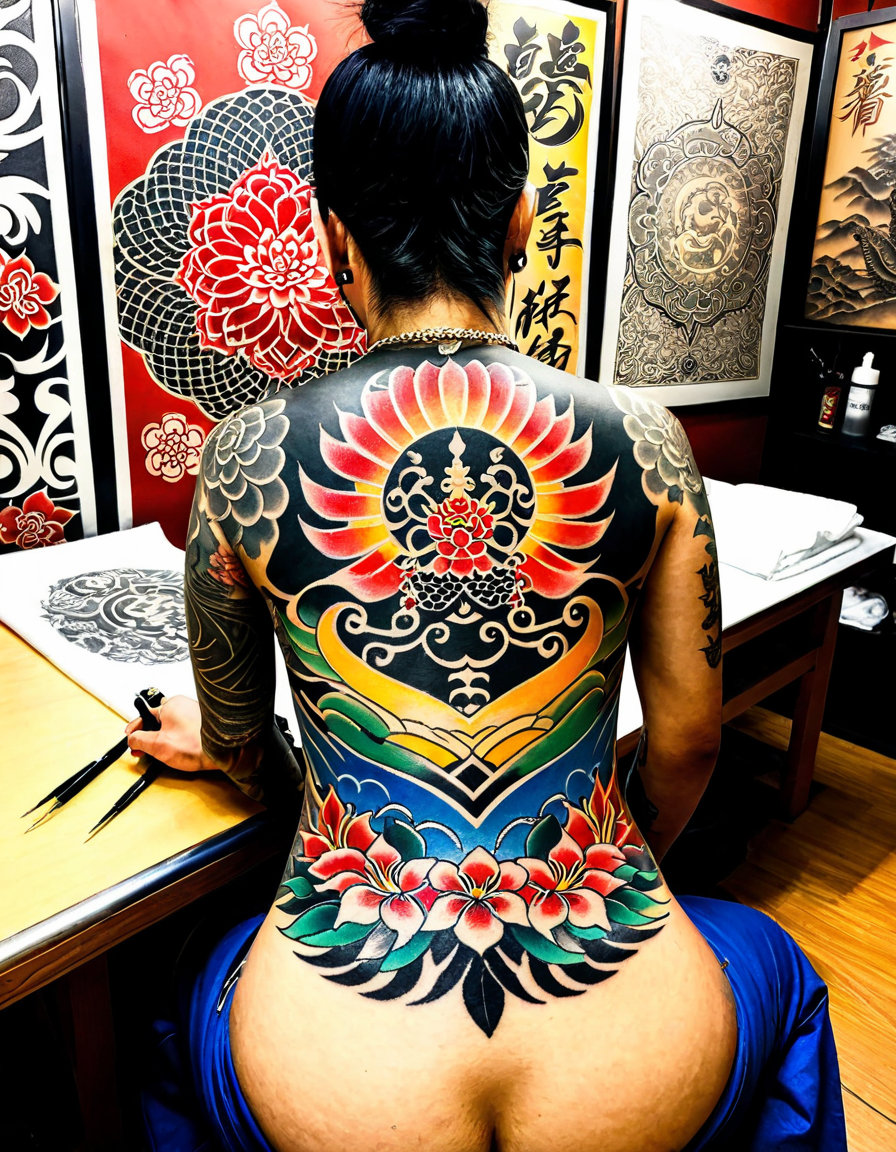
Bridging the Gap: The Yakuza’s Cultural Legacy
Still, there’s something captivating about the yakuza legacy that continues to resonate, both domestically and globally. They embody themes of loyalty, honor, and the artistry of tattooing, elements that seep into modern artistic and social movements. Documentaries and exhibitions around these subjects are gaining popularity, inviting a deeper understanding of yakuza culture that transcends sensationalism.
As 2026 unfolds, the narrative surrounding the yakuza is shifting from one of fear to one of curiosity. This change fosters a greater appreciation for the traditions and values that define these notorious crime families. Despite their often dark activities, the yakuza remind us of that tightrope we all walk between crime and culture. Isn’t it fascinating how history continuously intertwines with our understanding of identity? After all, every saga has its shadows and highlights—a thrilling adventure always awaits!
In summary, the yakuza reflect a rich narrative interwoven with loyalty, tradition, and cultural depth, enticing us to look beyond criminality and toward understanding the nuances of their legacy, making them a compelling aspect of Japan’s story.
Yakuza: Secrets of Japan’s Notorious Crime Families
The Cultural Impact of the Yakuza
The yakuza have been a significant part of Japan’s social fabric for centuries, often depicted in films and literature. They’re quite distinct from typical organized crime syndicates, as their activities include everything from illegal gambling to lending a helping hand in community events. Did you know that yakuza tattoos are intricately designed pieces of art? These tattoos often tell elaborate stories about bravery, loyalty, and personal history, much like a unique barber shop experience that you won’t forget. Their inked bodies make them stand out, literally. It’s almost as if each tattoo serves a purpose, showcasing a personal narrative that separates them from mainstream society.
Music and Influence
Interestingly, the yakuza have even influenced music, including iconic figures like Brenda Lee, who captured the imaginations of many during her career. The connection between the yakuza and various art forms challenges the stereotypes often associated with them. Their presence has reached far beyond Japan, much like the global impact of the sputnik era, which showcased technological prowess. These connections remind us that while the yakuza operate in shadowy corners, they still play a role in the broader cultural landscape.
The Yakuza’s Modern Facade
Today, some yakuza members are shifting towards more legitimate business ventures, exploring options like fitness. For instance, the emergence of establishments such as Knockout Fitness highlights this shift, as members aim for societal acceptance and integration. Of course, the legacy of the yakuza is tough to shake off, much like the reputation of the Billionaire Boys club. Despite these changes, the allure of their past remains potent and fascinating, as does John Depp’s age, a question that seems to perpetually pique interest, finding an odd connection back to popular culture.
The yakuza’s world is as dynamic as it is layered, an arena where tradition meets modernity. It’s a reminder that even groups associated with crime have rich and complex tales worth telling, bridging gaps between generations and cultures.
